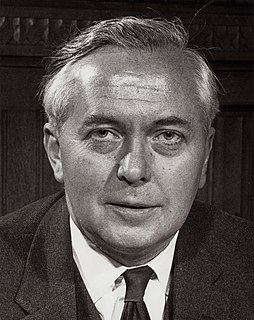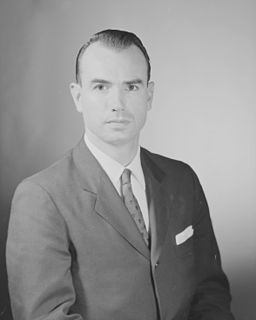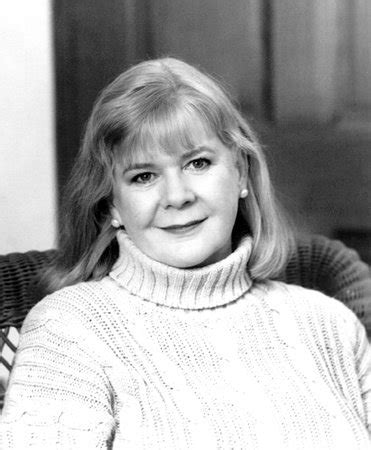A Quote by James Q. Wilson
Crime is the price society pays for abandoning character.
Related Quotes
The price which society pays for the law of competition, like the price it pays for cheap comforts and luxuries, is great; but the advantages of this law are also greater still than its cost- for it is to this law that we owe our wonderful material development, which brings improved conditions in its train.
The best crime stories are always about the crime and its consequences - you know, 'Crime And Punishment' is the classic. Where you have the crime, and its consequences are the story, but considering the crime and the consequences makes you think about the society in which the crime takes place, if you see what I mean.
It means abandoning being a poet, abandoning your careerism, abandoning even the idea of writing any poetry, really abandoning, giving up as hopeless - abandoning the possibility of really expressing yourself to the nations of the world. Abandoning the idea of being a prophet with honor and dignity, and abandoning the glory of poetry and just settling down in the muck of your own mindYou really have to make a resolution to write for yourself, in the sense of not writing to impress yourself, but just writing what your self is saying.
Today the crime novelist has one advantage denied to writers of 'straight' or 'literary' novels. Unlike them he can range over all levels of society, for crime can easily breach the barriers that exist in our stratified society. Because of these barriers the modern literary novel, unlike its 19th-century predecessors, is often confined to the horizontal, dealing only with one class. But crime runs through society from top to bottom, and so the crime novelist can present a fuller picture of the way we live now.
As a form of moral insurance, at least, literature is much more dependable than a system of beliefs or a philosophical doctrine. Since there are no laws that can protect us from ourselves, no criminal code is capable of preventing a true crime against literature; though we can condemn the material suppression of literature - the persecution of writers, acts of censorship, the burning of books - we are powerless when it comes to its worst violation: that of not reading the books. For that crime, a person pays with his whole life; if the offender is a nation, it pays with its history.
































